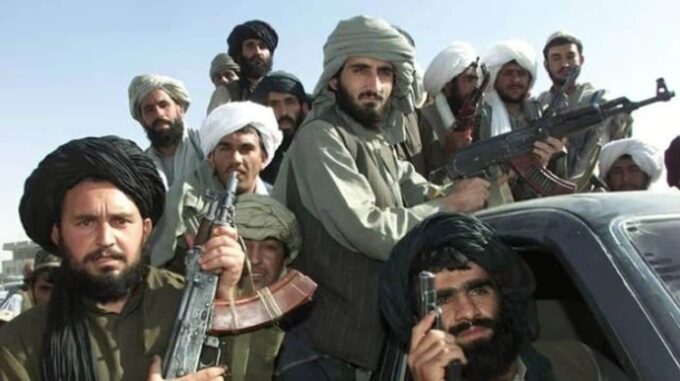The Taliban in Afghanistan have officially banned chess, causing significant controversy both within the country and abroad

This move came as a surprise to those who previously regarded this intellectual game as part of the cultural life of users, especially among youth and chess enthusiasts. The government of the Islamist movement, which came to power in Afghanistan in August 2021, has now officially announced the suspension of all chess activities across the country, citing reasons that, according to their version, are based on Islamic law. The source reports, citing a representative of the Sports Directorate, Atal Mashwani, that the decision was made because chess is allegedly used as a form of gambling, which contradicts Islamic norms and prohibitions. In relevant documents, including the law on "Encouragement of Virtues and Prevention of Vices" passed last year, chess is considered "a tool of gambling," making it prohibited in the context of measures aimed at promoting moral values and preventing vices in society. Atal Mashwani stated: "There are religious reservations about chess. Until these issues are addressed in accordance with the Islamic legal system, the game is suspended." According to him, the country’s official chess federation has not held tournaments for the past two years, and the leadership of this organization is also facing internal problems. This complicates the revival of sporting activities in this field. Meanwhile, the situation in Kabul has elicited mixed reactions among local residents. Azizullah Gulzada, owner of a popular café that previously often served as a place for informal chess matches and youth gatherings, believes that the ban is unfounded and harms not only his business but also the cultural life of young Afghans. He emphasized that chess is popular in many Muslim countries, including neighboring Iran, Pakistan, and Turkey. According to Gulzada, such restrictions undermine traditional values and reduce opportunities for leisure and intellectual development among youth. "Young people are looking for something to do," he explains. "They used to come here every day, order tea, and play chess with friends. It was a way of communicating and developing skills, and now this is destroyed by this decision." The background of these events indicates that the Taliban have already implemented a series of measures aimed at restricting women’s rights and controlling their activities. Last year, they banned girls and women from participating in sports competitions and limited their outings in public without male family accompaniment. Additionally, the Taliban described mixed martial arts (MMA) as an Italian concept of "excessive brutality" that does not comply with Muslim norms, applying this logic to restrict cultural and sporting life among youth. Thus, the ban on chess is another step in the policy of restrictions carried out by Afghanistan's new government, raising numerous questions about the country’s future cultural development and level of freedom. Witnesses and participants in the country’s life express concern that such bans push Afghanistan further into isolation and deprive young Afghans of opportunities to develop their intellectual skills and acquire new knowledge in safe, friendly environments.

